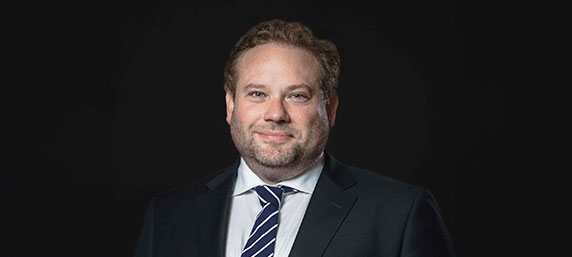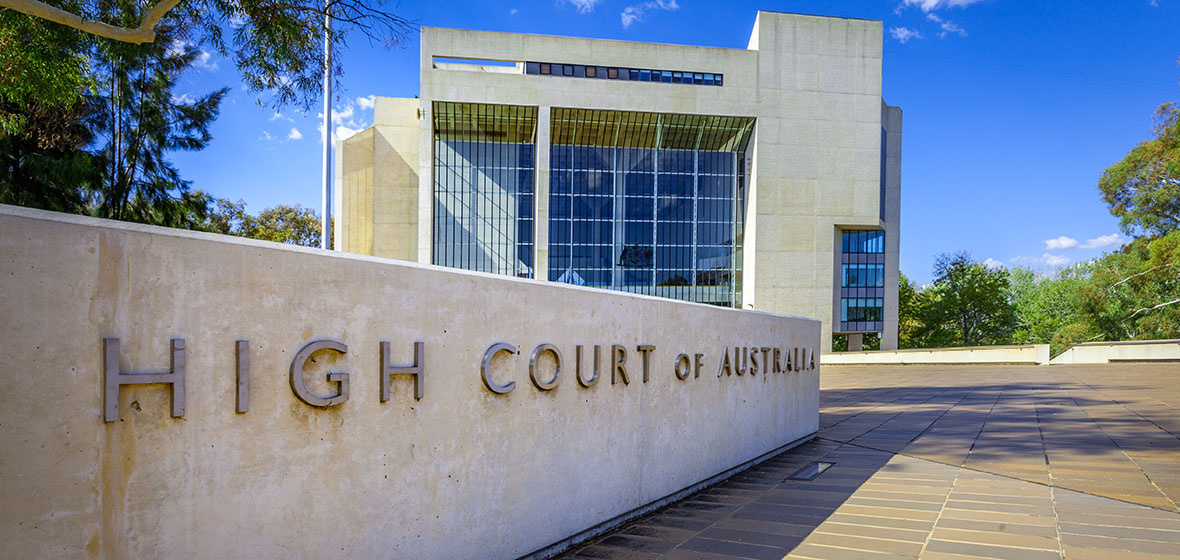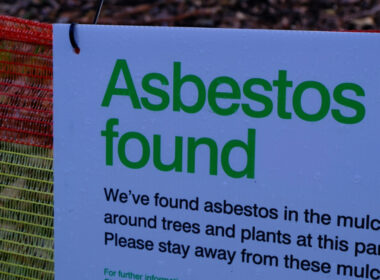The Catholic Church last week successfully appealed against a 2023 decision by the Supreme Court of Victoria, that it was vicariously liable for the historical sexual abuse of a child by a priest, arguing that the relationship between the priest and the Church was deemed a "spiritual relationship" rather than an employment contract.
It’s a significant ruling as the High Court of Australia has essentially limited the circumstances under which institutions can be held vicariously liable for the actions of their employees or clergy, with major implications for survivors of institutional abuse seeking redress.
The case, Bird v DP (A Pseudonym) [2023] VSCA 66, focused on sexual abuse claims against Father Bryan Coffey, a Catholic priest who died in 2013. Although Coffey was an assistant parish priest and not a direct employee of the church at the time of the abuse, the Supreme Court of Victoria determined the church was responsible for his actions. The court’s decision rested on the idea that Coffey, as a “servant of the diocese,” held a position of authority and trust that allowed him to access and abuse children, making the church vicariously liable despite the absence of a traditional employment contract.
However, the High Court reversed this decision and reflects a shift in the High Court’s approach to vicarious liability, moving away from the more expansive view seen in earlier cases like Prince Alfred College Inc v ADC [2016] HCA 37. The Court has now emphasised the importance of the contractual relationship rather than the traditional distinctions of employment.
Lachlan Robison, Barrister at State Chambers, says as a result, “the tide is kind of receding in vicarious liability” and the decision seems “to remove the concept of extended vicarious liability based on disparity in power and trust…”.
“It’s a fairly conservative, black letter decision, whereas the Royal Prince Alfred college [case] was not – that was fairly revolutionary”.

the decision seems “to remove the concept of extended vicarious liability based on disparity in power and trust…”
Prince Alfred College Inc v ADC [2016] HCA 37 involved a former student suing Prince Alfred College for sexual abuse by a staff member. While the court didn’t decide the school’s liability in this instance, it clarified when an employer can be held responsible for an employee’s harmful actions. It stressed that the employee’s role must create the opportunity for the abuse, particularly focusing on situations where there’s a power imbalance. The ruling had big implications for organisations responsible for children, making it clear that they can be liable for abuse perpetrated by their staff.
Robison thinks the High Court’s decision in Bird v DP (a pseudonym) [2024] HCA 41 reflects a previous ruling in a “different context, but the same principle” such as CFMMEU v Personnel Contracting Pty Ltd [2022] HCA 1. This case centred on Daniel McCourt, an English backpacker, engaged by Personnel, a labour hire company, under a contract that labelled him a “self-employed contractor.”
McCourt was assigned by Personnel to construction sites operated by Hanssen, without a direct contract between them. This arrangement, where Personnel provided labour to Hanssen, formed a three-way agreement. McCourt was paid hourly, but at a significantly lower rate than if he had been hired as a direct employee of Personnel, highlighting the financial implications of being classified as an independent contractor. Challenging this classification, the CFMMEU argued he was an employee.
The High Court ruled in favour of the union, asserting that the worker was indeed an employee. Crucially, the court prioritised the company’s actual control over the worker, highlighting his obligation to follow their instructions. This decision overturns the long-standing “multi-factorial” test used by lower courts, which considered various aspects of the working relationship.
“[B]ecause the contract determines the relationship, rather than the broader facts, if you don’t have the relationship of employment, you don’t get to vicarious liability,” Robison says.
He says the Bird v DP decision is “an orthodox approach, consistent with what they’ve recently done, but it’s just probably not what people might have expected based on cases that are slightly older.”
“If the case had been decided on the same day as the Royal Prince Alfred case, it probably would have been decided the other way”
The implications of the Bird v DP ruling are significant as now, the legal focus is exclusively on the rights and obligations detailed in the contract, irrespective of how the parties label their relationship. Robison says that plaintiff lawyers will now need to carefully examine the nature of the relationship between the alleged abuser and the institution, conducting pre-litigation discovery of employment contracts and defendant lawyers should review their defences to make sure an absence of vicarious liability is pleaded.
But where it gets interesting is in other Christian denominations like the Anglican Church, all ministers are covered by employment contracts.
Going forward, Robison says “it’ll be case by case, church by church.”
While the High Court’s decision has narrowed the scope of vicarious liability, legal experts anticipate that professional bodies and victim advocacy groups will push for legislative changes to broaden the grounds for institutional accountability. This may ultimately prove to be a temporary setback for survivors seeking justice.
Robison believes the solution lies in amending the Law Reform (Vicarious Liability) Act 1983 with new legislation dealing with the clergy. He draws an analogy between police officers and the clergy in terms of vicarious liability.
“At common law, a police officer is a corporation sole in service of the crown, not an employee of the police department,” Robison notes.
Section 8 of the Law Reform (Vicarious Liability) Act 1983, deems the crown to be liable for the acts of a police officer.
Robison sees this as essential as the community wouldn’t tolerate, in the hypothetical case of a police officer assaulting a member of the public, the idea that the citizen’s only option for recourse was to sue that police officer personally.
He suggests a similar legislative solution could be applied to the clergy, as “the community’s attitude would be the same for a priest as a policeman” in terms of expecting the institution to be liable for the actions of its representatives.
“I think that’ll happen because the High Court specifically said this is a matter for parliament,” Robison says.
“A number of high-profile people, both victim advocates and legal practitioners, are both pushing for that change, so I think that’ll probably happen.”
“I’m not a politician, but I don’t think you get a lot of traction arguing that victims should be left without any redress. I don’t think that would be politically acceptable.”




